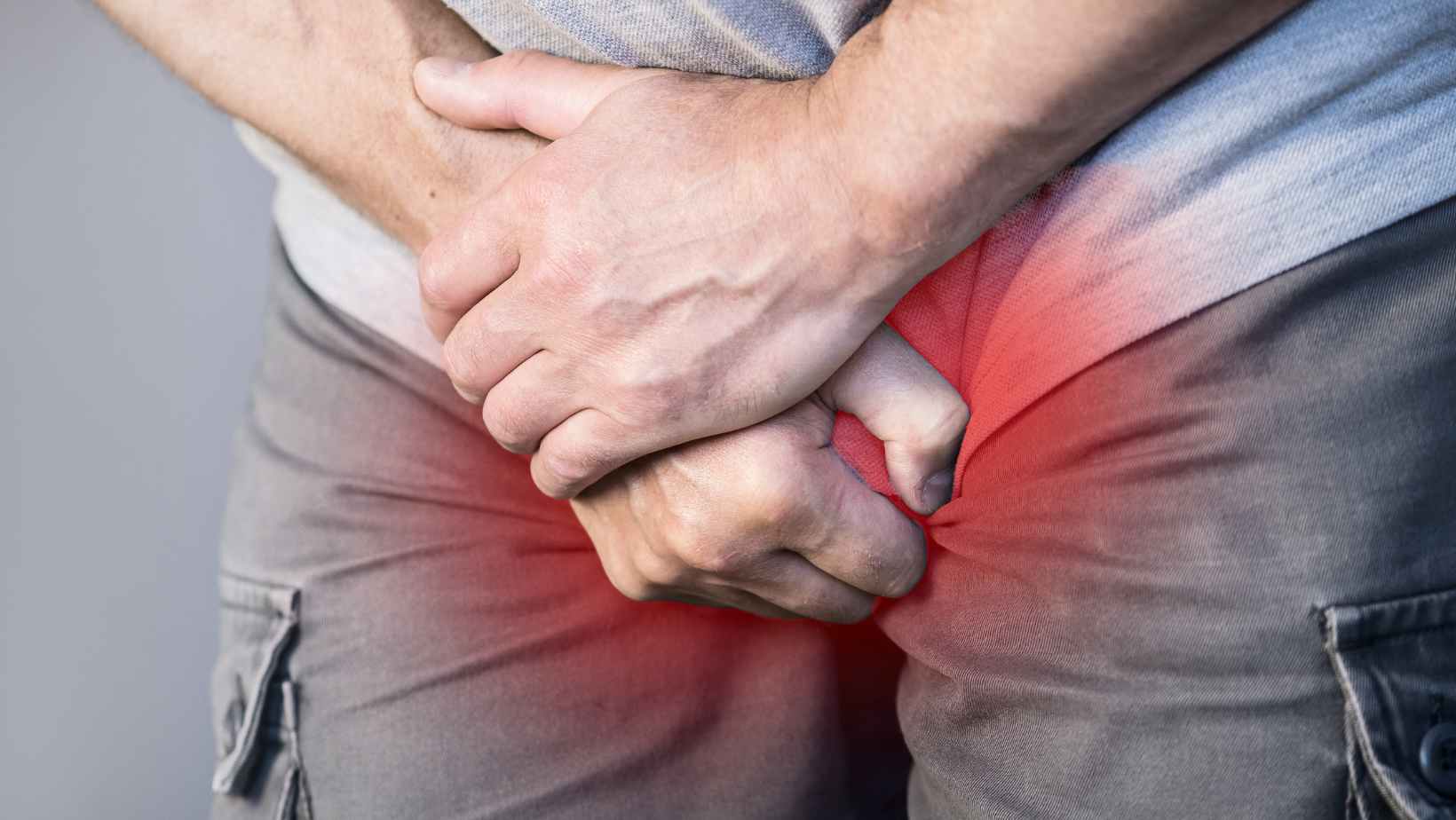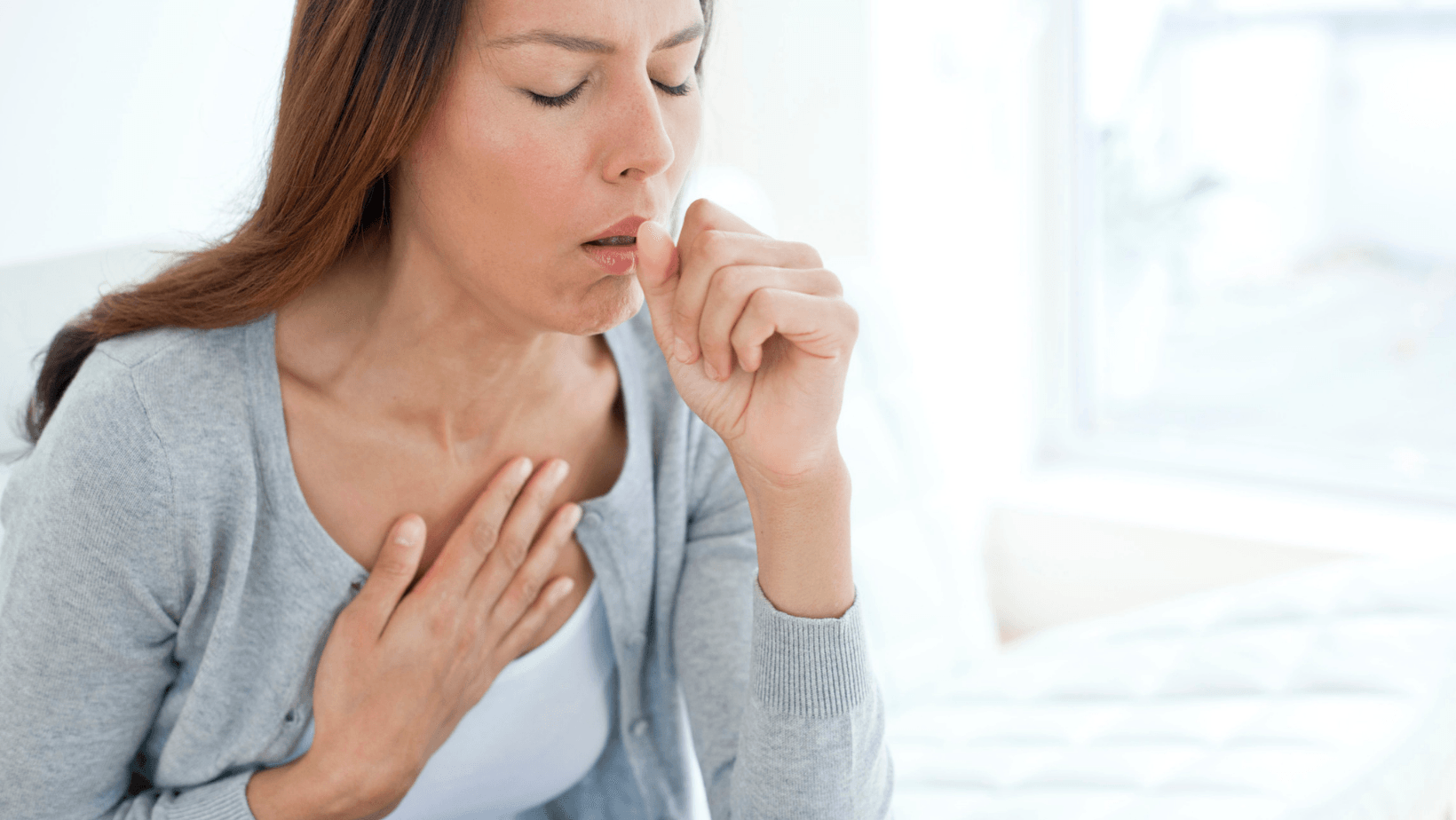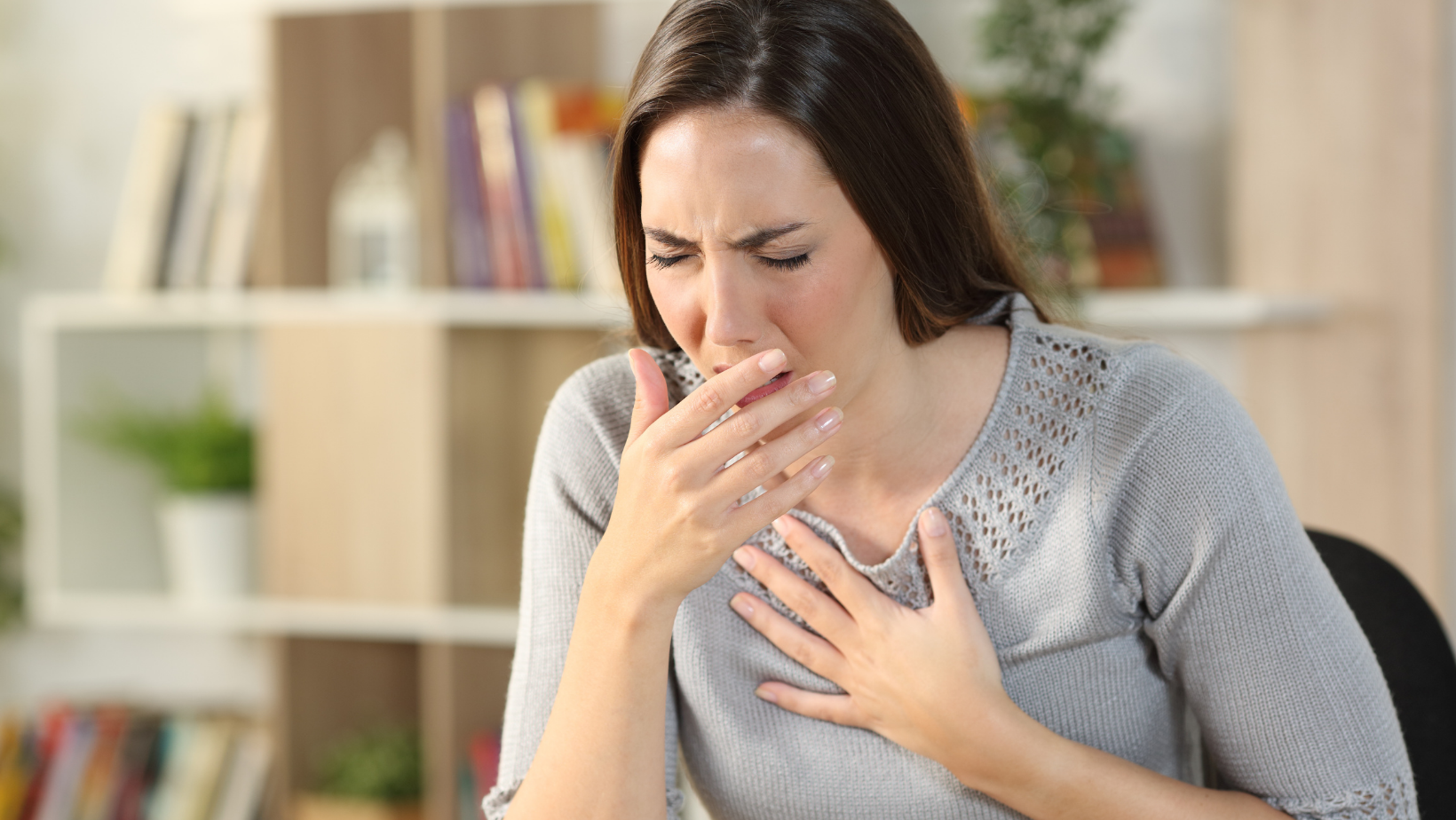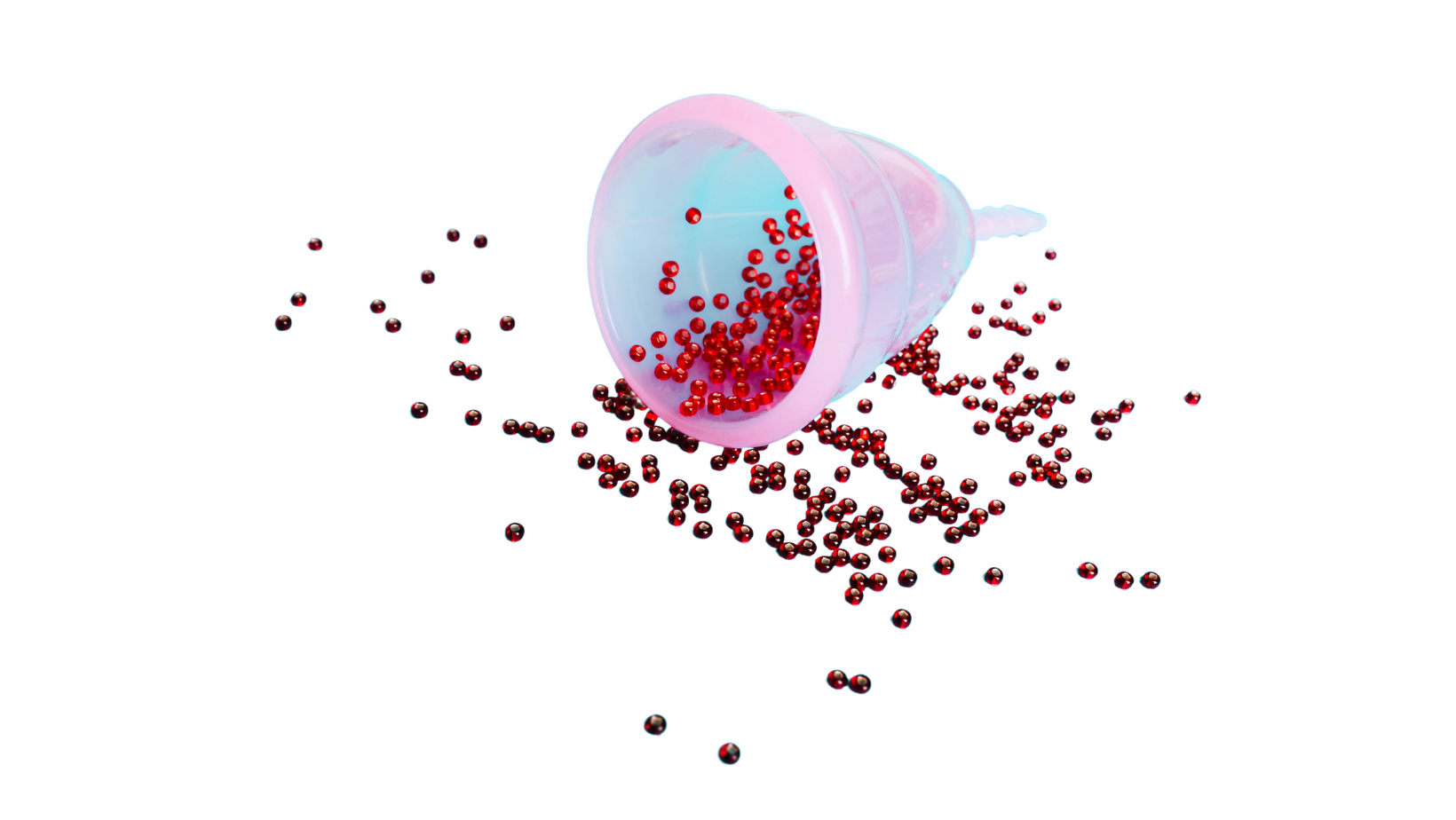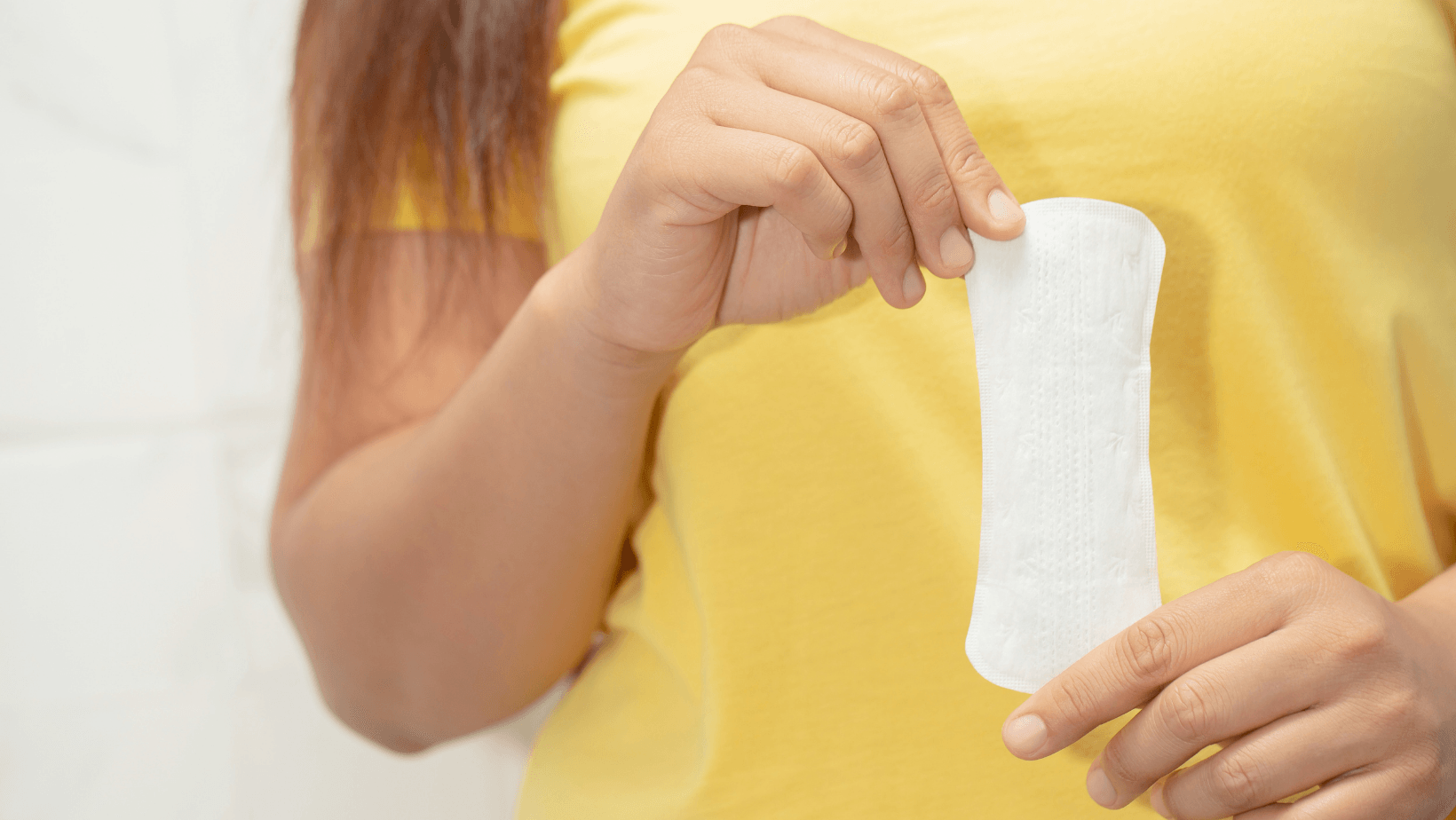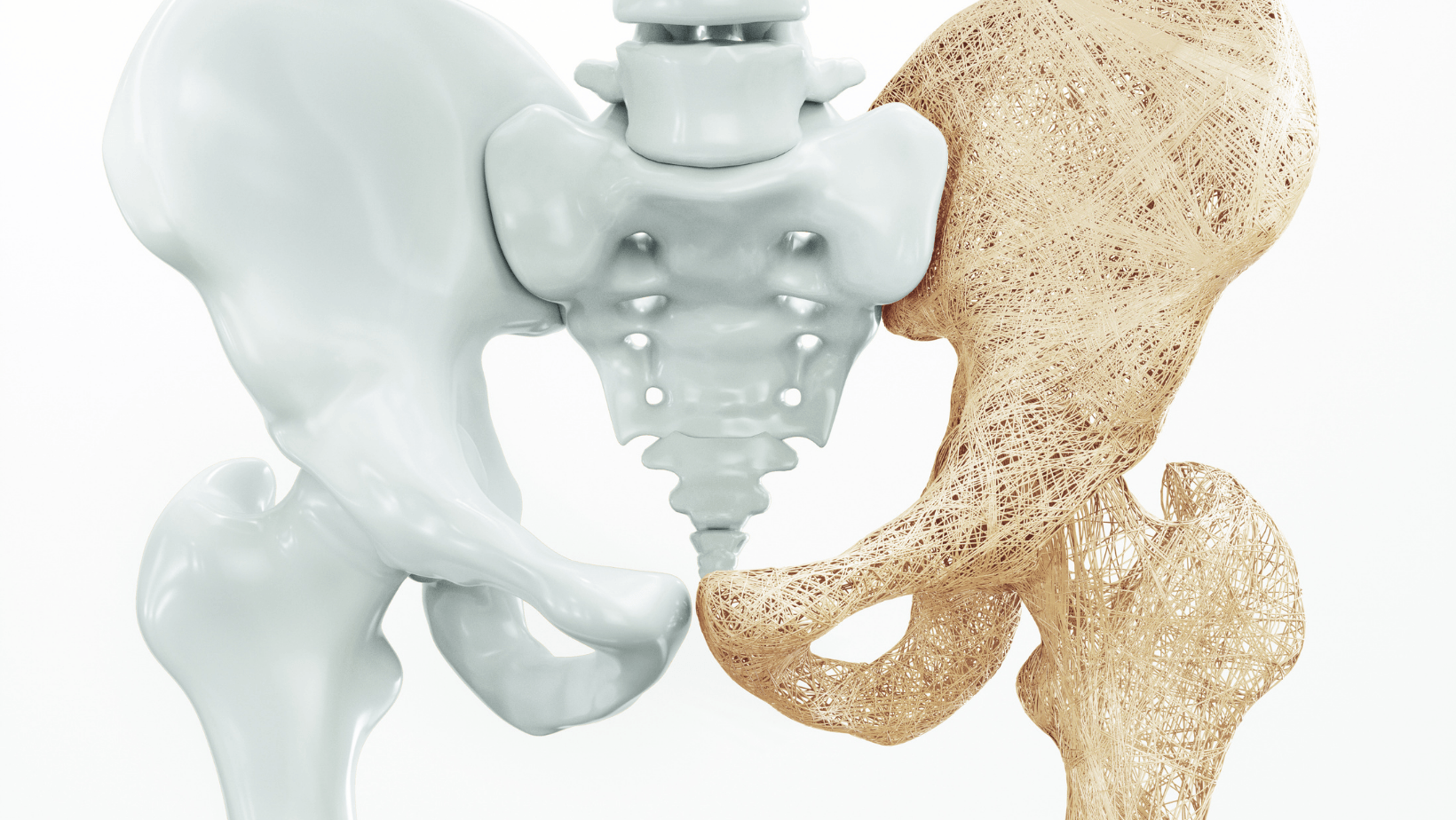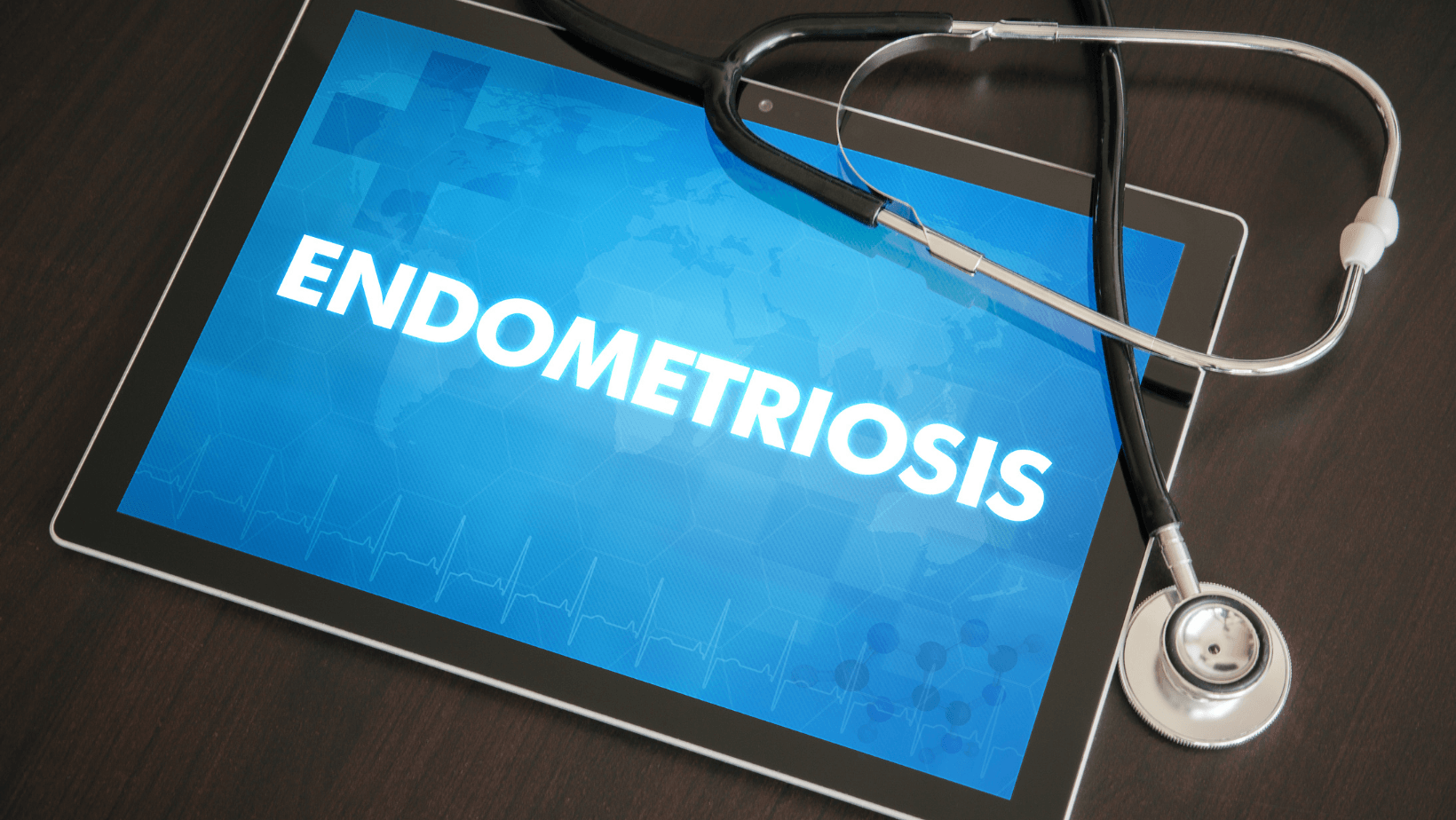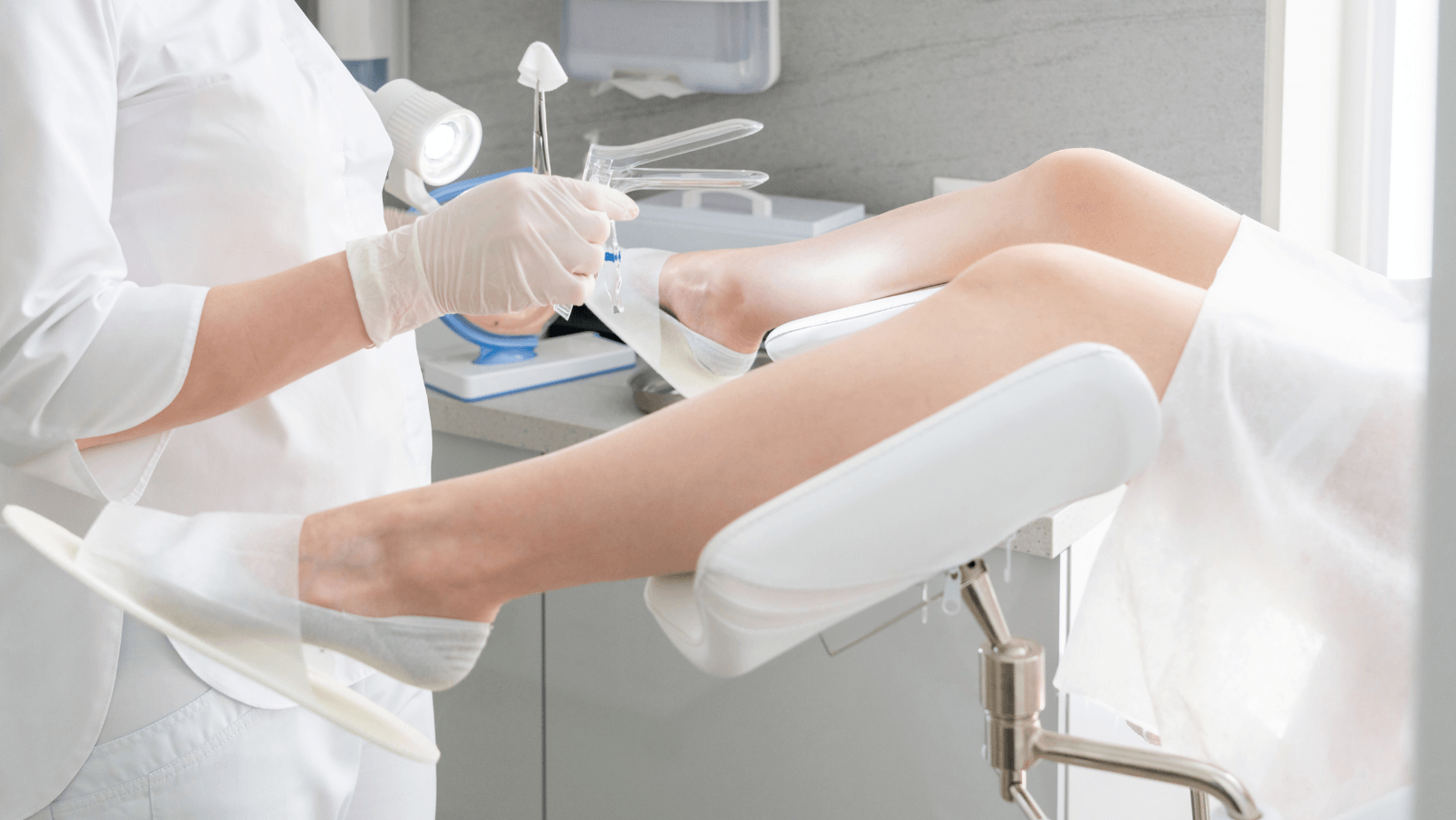Menopause - Symptoms, Causes, and Treatment - Avicenna Health
Menopause
Do you suffer from changing periods - shorter or longer, lighter or heavier, with more or less time in between?
Do you have any sleeping problems
Do you have mood swings lately?
If yes, you may have menopause, so that we will explain it in our article.
Definition of menopause
Menopause is the condition when a woman's lifestyles change, so the menstrual period stops. It usually happens, most usually after age 45.
Menopause includes stopping ovaries from producing both hormones (estrogen and progesterone).
It is diagnosed after you have gone twelve months without a period.
Symptoms:
Irregular periods
Vaginal dryness
Hot flashes
Chills
Night sweats
Sleep problems
Mood changes
Weight gain and slowed metabolism
Thinning hair and dry skin
Loss of breast fullness
Causes:
Menopause is caused by a modification in the balance of the body's sex hormones, which happens, as you get older.
It happens once your ovaries stop manufacturing as much of the hormone estrogen and no longer release an egg every month.
Premature or early menopause may occur at any age, and there' no apparent cause in several cases.
Sometimes it's caused after a treatment such as surgery to get rid of the ovaries (oophorectomy), some breast cancer treatments, chemotherapy or radiotherapy, or it may be brought on by an underlying condition, such as Down' syndrome or Addison' disease.
Risk factors:
- Previous cases in the family
- Surgery to remove the ovaries
- Radiation therapy
- Chemotherapy
- Taking medicines that lower estrogen levels
- Smoking
- Problems with the immune system
When to see a doctor:
It is recommended to a doctor if you have any symptoms of menopause that worry you or if you experience symptoms of menopause before the age of 45.
They can usually confirm whether you are going through menopause based on your symptoms. Still, a blood test to measure hormone levels can be done if you are under 45.
Diagnosis
The signs and symptoms are usually enough to tell most women that they have started going through menopause. If you have some concerns about irregular periods or hot flashes, talk to your doctor. In some cases, a more in-depth assessment may be recommended.
Tests are generally not necessary to diagnose menopause, but in certain circumstances, your doctor may recommend blood tests to check the level of:
Follicle-stimulating hormone (FSH) and estrogen (estradiol): Your FSH levels increase and your estrogen levels decrease as you have menopause.
Thyroid-stimulating hormone (TSH): When women have hypothyroidism, it leads to cause symptoms similar to those of menopause.
Differential diagnosis:
Adjustment Disorders
Anemia
Depression
Dysthymic Disorder
Hypothyroidism
Dementia
Secondary depression
Endocrine disorder
Substance abuse
Medications
Treatment:
Hormone replacement therapy (HRT) tablets, skin patches, gels, and implants that relieve symptoms of menopause by replacing estrogen creams, lubricants, or moisturizers for vaginal estrogen for vaginal dryness
cognitive-behavioral therapy (CBT) - a type of verbal therapy that can help with moodiness and anxiety
Eating healthily, balanced diet, and exercise regularly: Maintaining a healthy weight and staying fit and strong can improve some symptoms of menopause
References
Mayo clinic
Medscape
Medline plus

